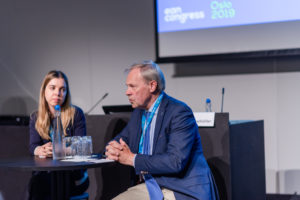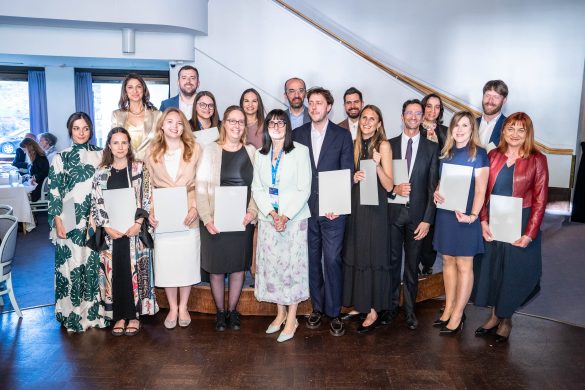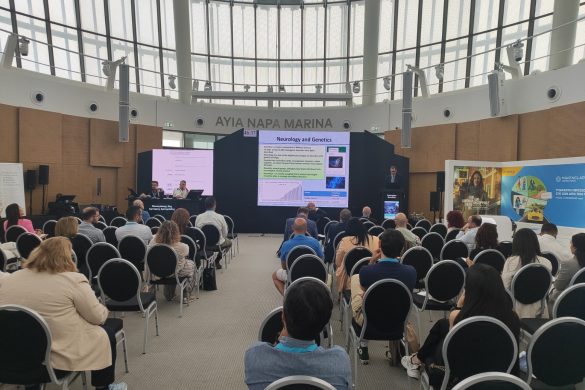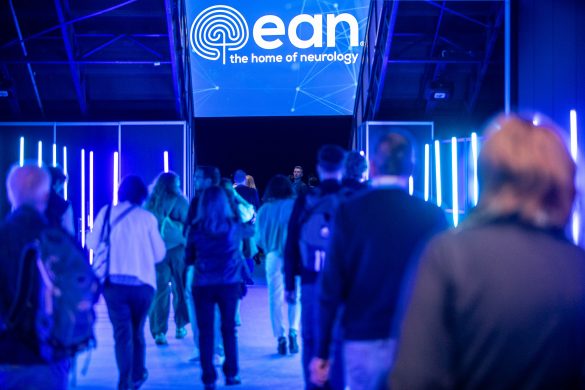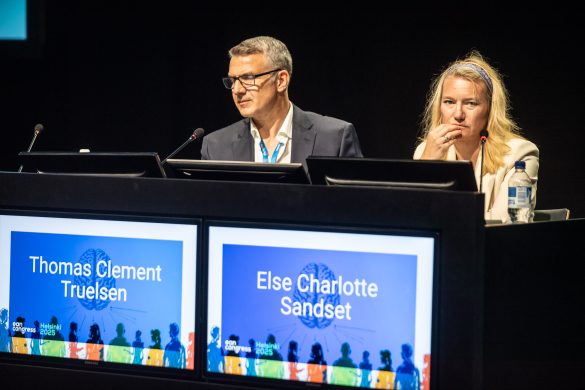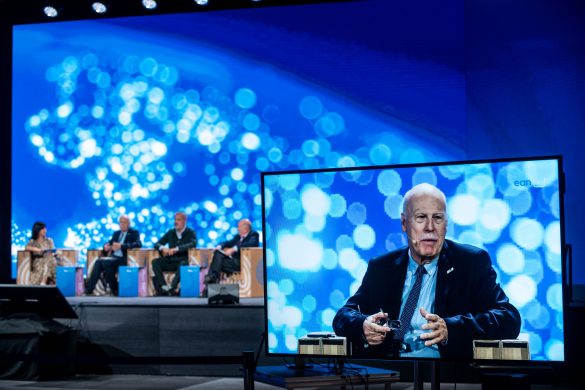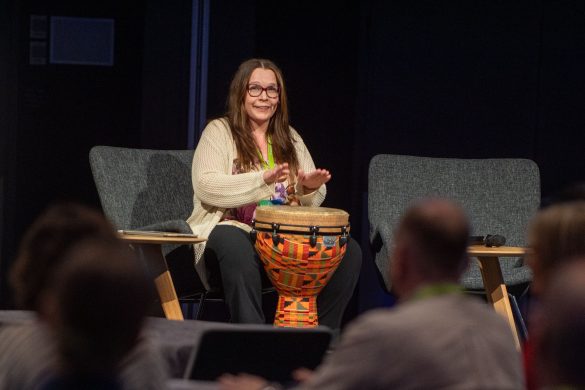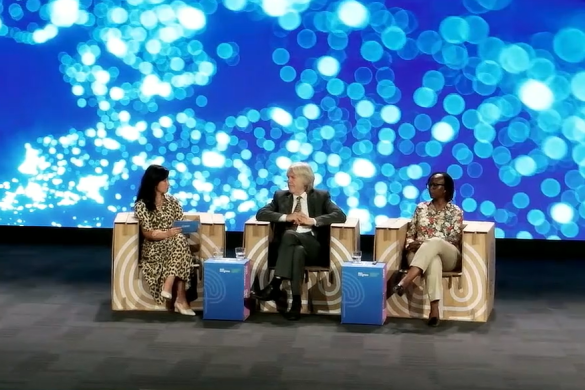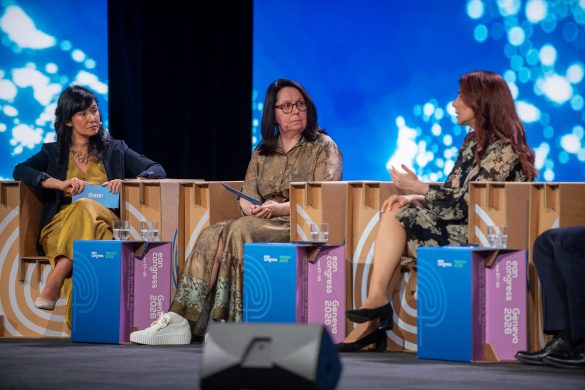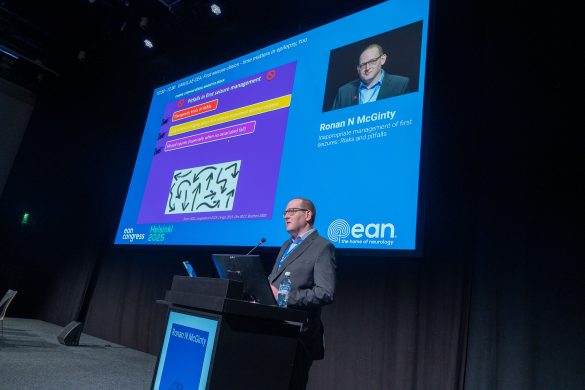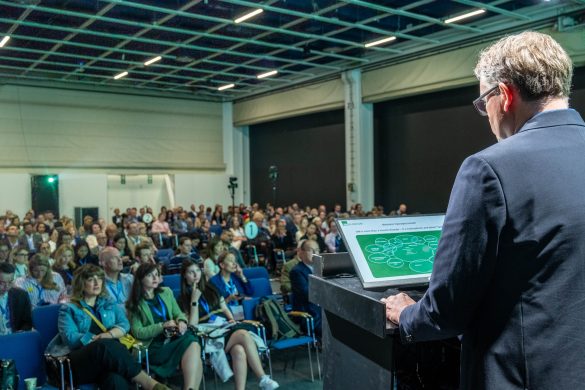This year’s „Round table discussion” of the EAN Resident and Research Fellow Section (RRFS) was performed for the first time in form of two controversial topics with a “podium” discussion. The discussion was performed in a rather informal and open way between two experts providing a thorough discussion including pro and contra arguments based on individual experience as well as facts, allowing participants to ask questions in general as well as specific to their own situation and request advice.
Professor Kuks (from the Netherlands) and Dr Aguiar de Sousa (from Portugal) discussed the best design of the neurological residency focusing whether or not to enclose an experience abroad. The need to speak the language of the respective country when going abroad was pointed out. Also a thorough evaluation of the aim and outcome as well as the focus of the planned stay in another country was advised. To discuss with your “home” institution/hospital beforehand is especially important if you plan to be further integrated in your “home” institution/hospital after you went abroad. In summary, an experience abroad can support your education in clinical and research questions but next to this provides you access to another environment and may give you insights you would otherwise never have experienced; but it is not a need to be a good neurologist.
The second controversy about how to maintain work-life balance while still being a clinical scientist was discussed by Dr Morgante (from UK) and Dr Khalil (from Austria), and it was flagged up that there is a need to learn to speak the “language of science”. This can be reached best in a focused way, especially when it is related to basic research and is much more difficult to do in parallel to clinical work. Therefore, it is worthwhile to thoroughly plan this part of the residency. If the specific research language, e.g. a specific method or statistical skills, are learned, it is much easier to connect to both clinical work as a neurologist and the individual research. 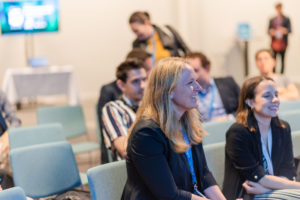 This helps to avoid frustration and keeps you an enthusiastic clinical scientist.
This helps to avoid frustration and keeps you an enthusiastic clinical scientist.
Due to the vivid interaction of the participants, we all noticed that there are major differences between the European countries in relation to the residency program as well as the combination of research and clinical work. Therefore, these discussions offered a perfect chance to exchange information and learn from each other.
by Lisa Klingelhöfer, RRFS Chair

